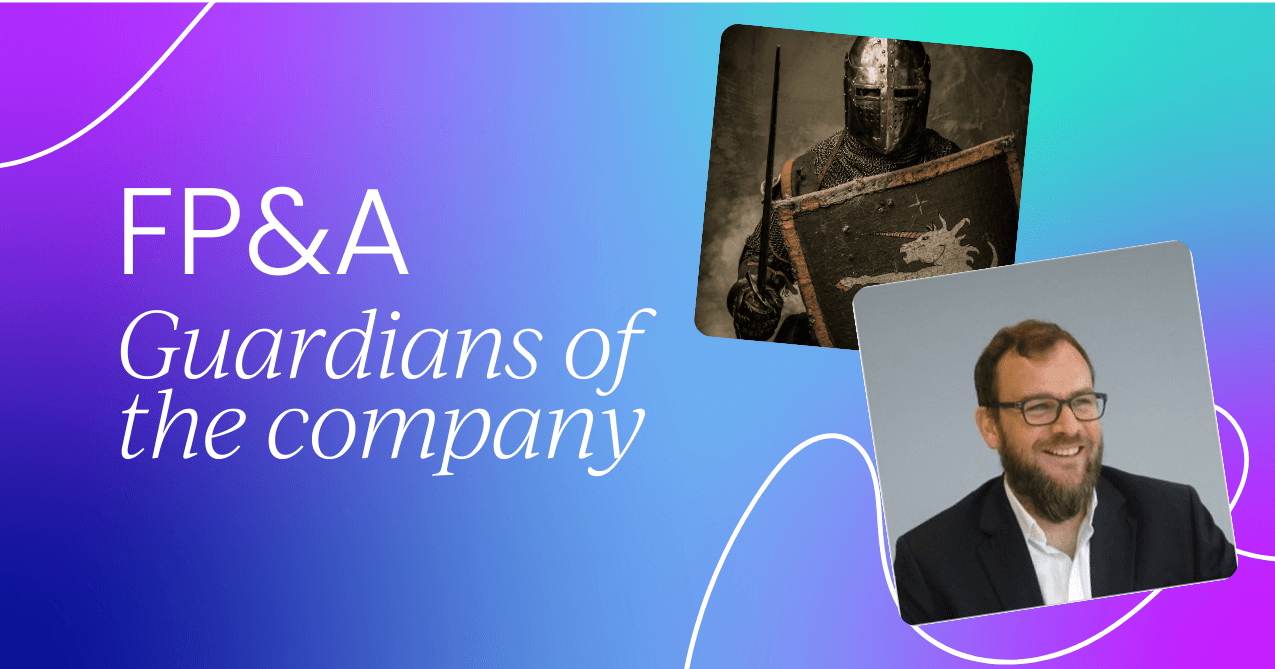[This article is based on a presentation given by Vaughn Grandin, Head of Financial Modelling at Teneo at our FP&A Summit, London in 2023. Catch up with this presentation, and others, using our OnDemand service. For more exclusive content, visit your membership dashboard.]
You’ve heard about superheroes saving the day in comic books, right? Well, in the corporate world, FP&A (Financial Planning & Analysis) professionals are the unsung heroes guarding the company from financial disaster.
They've become vital members of the team, helping to navigate risks and drive growth… but are they really the guardians of the company?
I certainly think so, and in this article, I explain why I believe that’s the case by sharing key insights on the importance of FP&A in protecting companies and practical ways these professionals safeguard their organizations.
Topics covered:
- Why FP&A is future-focused
- The risks businesses face today
- Why ignoring warning signs is a costly mistake
- How FP&A protects the company
Become a Pro member to access the full session and more valuable content
Looking ahead: Why FP&A is future-focused
FP&A isn’t just about looking at where the company has been; it’s about forecasting where it’s going. They provide insights on Key Performance Indicators (KPIs) - things like revenue growth, operating costs, and profit margins. Their goal is to give decision-makers the information they need to understand the full picture and plan for what’s next.
In a world that changes as fast as ours, businesses can’t afford to sit still. Markets shift, consumer behaviors change, and external factors (like global pandemics) can throw everything into chaos.
That’s why the work of FP&A is so important: they’re constantly looking forward, helping to protect the company from risks and serious consequences.
FP&A is not a one-time exercise. It’s an ongoing process. FP&A professionals are always monitoring the pulse of the company.
Every week, every month, they’re adjusting the forecasts, making sure the business’s performance aligns with its goals. This regular check-in keeps companies agile and responsive.



 Follow us on LinkedIn
Follow us on LinkedIn



